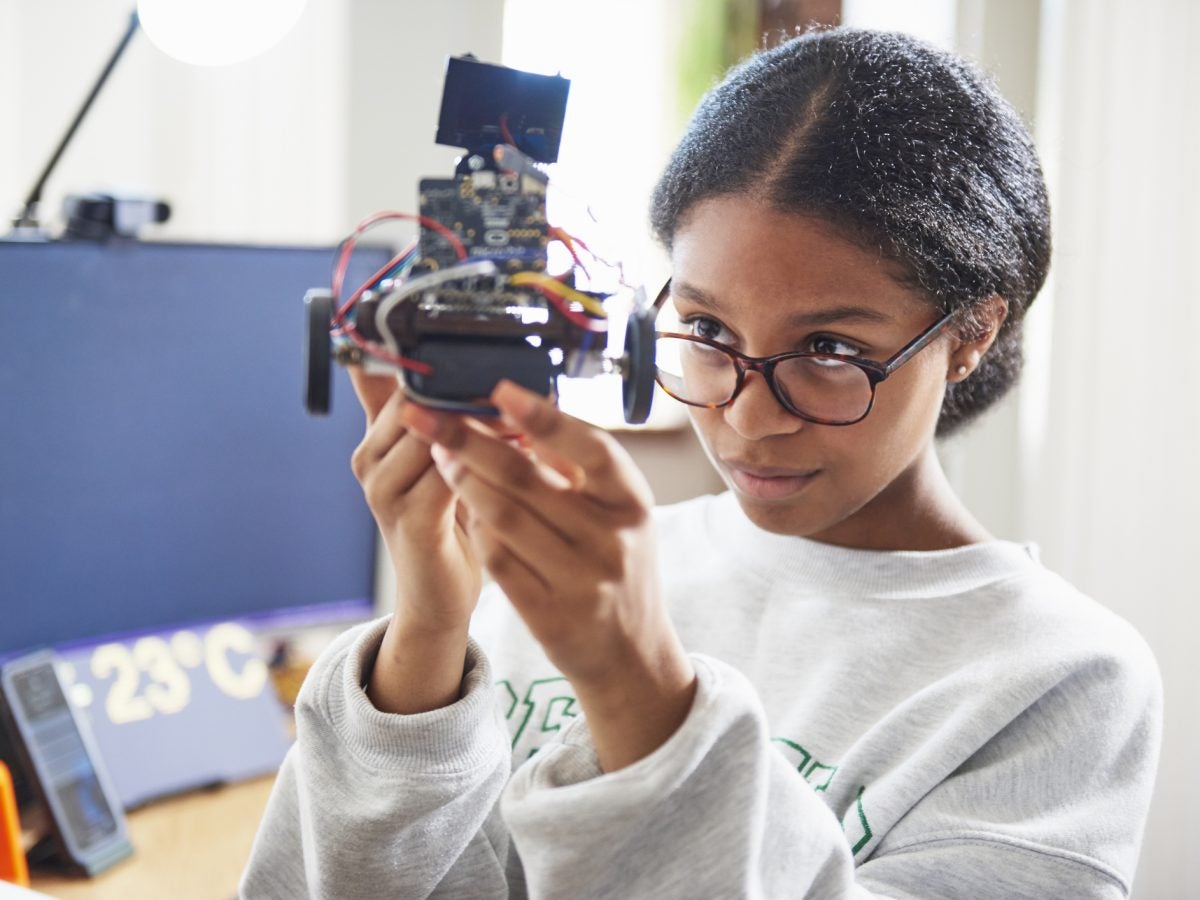
Black children are interested in careers in STEM, but access gaps make it a bit harder for their dreams to become a reality.
Or at least that the gist of a recently released report from tech skills platform YouScience® and Black Girls Do STEM, a 501c3 nonprofit organization dedicated to further Black STEM representation. 2024 Black Students and STEM Report focuses on what we have long-known: there are significant career exposure gap exists due to underrepresentation in STEM careers, not a lack of interest from Black children.
“As a Black woman in STEM, I have seen first-hand the lack of representation for women, especially Black women, in these in-demand career fields,” said Cynthia Chapple, Founder and CEO of Black Girls Do STEM in a news release. “However, I have long felt that the solution to this lies within redefining education for Black students through access to identity affirming informal learning environments; so they understand the full scope of their aptitudes, and also the full scope of what careers are possible.” “Working with YouScience has confirmed that notion by truly showcasing the possibilities for our students based on their unique, individual aptitudes.”
In the engineering and science spaces, Black female workers make up just 1.8% of the total workforce.
The report also points out a chasm between male and female interest and access in the stem fields. Despite some information that suggests girls are less interested in STEM careers than boys, The 2024 Black Students and STEM Report found the contrary. For example, some of its key findings state that 88% more Black female students they surveyed have an aptitude for careers in Advanced Manufacturing.
“For decades, Black students have encountered inequities that have impacted their pathways in education and then career,” said Edson Barton, Founder and CEO of YouScience in a news release. “It’s imperative to recognize that Black students possess the aptitude for all STEM careers, but the glaring exposure gap remains a formidable challenge due to resource deficiencies and lack of representation. By bridging the exposure gaps and doing so earlier in education, society can help Black students understand all of the opportunities available to them and connect them with education and career pathways and programs that can foster even more skills and understanding,” “One of the most notable programs helping to bridge the gap for students is Black Girls Do STEM. This organization and Cynthia Chapple are working diligently to provide female students with the opportunity to learn, create and build confidence in their abilities to pursue STEM careers.”